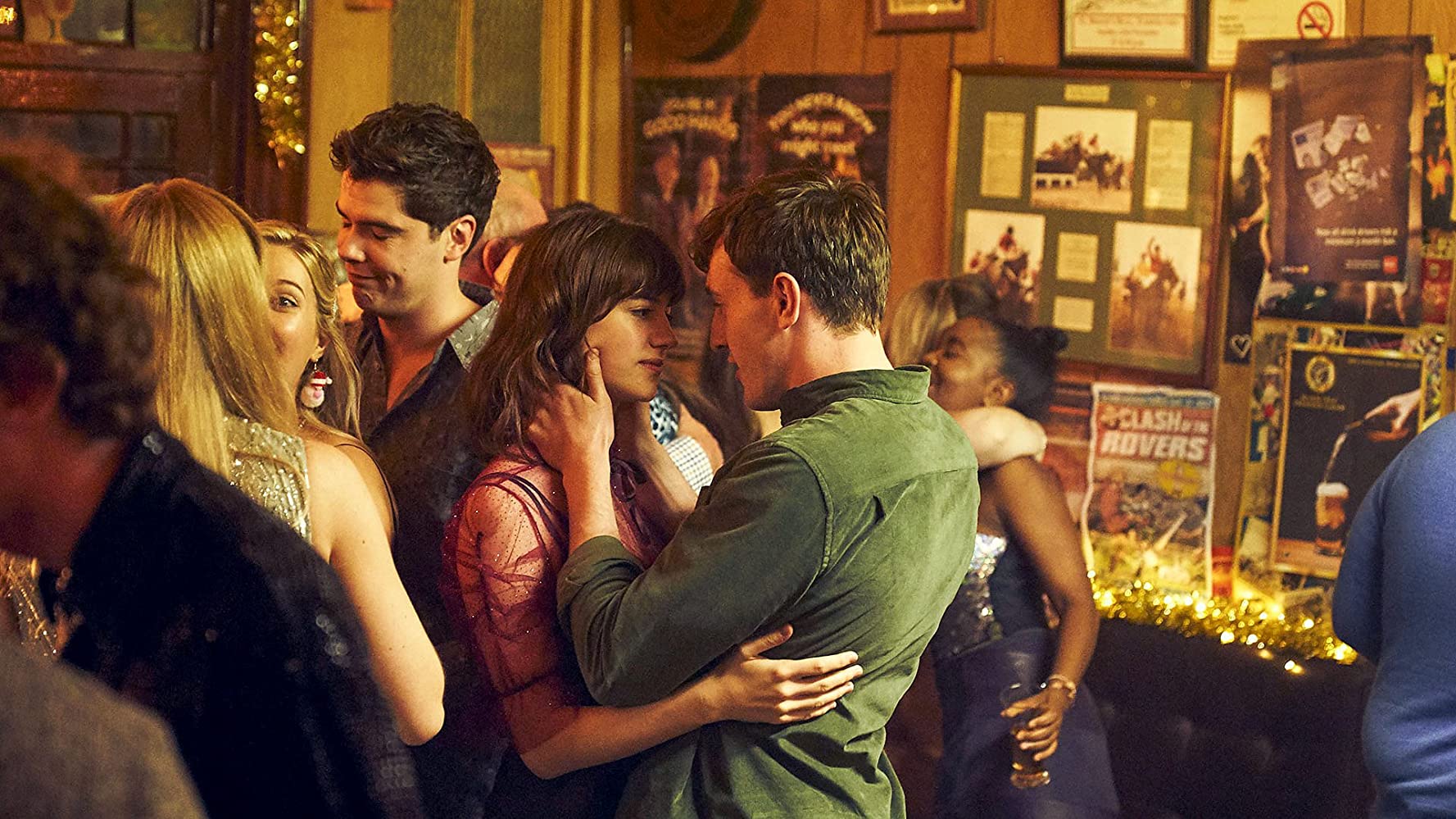Sally Rooney’s novel beautifully depicts an imperfect love story set in Carricklea and Dublin, and the BBC’s new TV adaptation does not stray far from the delightful original. The story perplexes readers, forcing them to question their love for the characters, who at times can be unrelatable, confusing, and flawed in their views of the world? I see this as making Connell and Marianne perfect in their own ways. They reveal that young love is not without flaw as in fact, no love is, so why would Rooney have chosen to portray them in this way?
Daisy Edgar-Jones (Marianne) and Paul Mescal (Connell) depict the main characters seamlessly, following Rooney’s description of them in just the way I envisioned them when reading the novel only a few days beforehand. Rooney’s novel relies a lot on the un-said, the thoughts of the teens and young adults, and the actors made sure that these words passed between them and to the viewers.
The focus on these two characters and their flawed perception of the world is all at once intense and dreamy. Lennie Abrahamson and Hettie Macdonald’s directing of the series doesn’t stray from the book at all. The differing camera angles to show the differing perspectives was exactly how the novel portrayed the lives of Marianne and Connell. It implied their lives away from each other but also showing how they were constantly drawn back together.
I would say that the issue of the difference in wealth between Marianne’s rich family with a mansion in Carricklea and Italy, contrasting with Connell’s financial situation of barely being able to afford his rent in university accommodation is shown much more in Rooney’s novel. The TV adaption shows this issue much more subtly, but perhaps too subtly often making it unclear that Connell’s isolation in Marianne’s social group is often caused by this difference in upbringing.

The directors also left the ending of the series more hopeful than the novel. The ending of the novel suggested less happiness in the characters, leaving Marianne and Connell seeming just as isolated as they had been at the beginning. Although they may have developed has characters, Rooney seems to leave them once again misunderstanding what they both want and need, pushing each other apart yet again. The series ends on a more optimistic tone showing them to be happier than they had been in a long time, but also painfully suggesting that this was the end of their journey together.
My favourite line of the series was from Connell to Marianne through a phone call. Marianne’s self-deprecation was often confusing and hard to understand, but Connell, being the one person who she feels truly understands her, sums her actions up perfectly – “just because people treat you badly at times – and I include myself in that by the way – doesn’t mean you deserve to be treated badly. A lot of people love you and care about you. I hope you know that.” The passion and understanding shown between the two characters make them hard not to fall for and feel passionately yourself, as a viewer, over their trials and tribulations.
The series and novel navigate a lot of challenging issues ranging from depression, physical abuse, bullying, social anxiety, consensual and non-consensual sex. If you’ve been affected by any of the issues raised there are a multitude of different helplines which you can contact, a few are listed below:
Leeds Nightline – https://leeds.nightline.ac.uk
Mental Health Helplines – https://www.nhs.uk/conditions/stress-anxiety-depression/mental-health-helplines/
Childline – https://www.childline.org.uk/get-support/contacting-childline/
Domestic Abuse Helpline – https://www.nationaldahelpline.org.uk
Bullying UK – https://www.bullying.co.uk
The whole series is now available to stream on BBC iPlayer
Image Credit: IMDb

